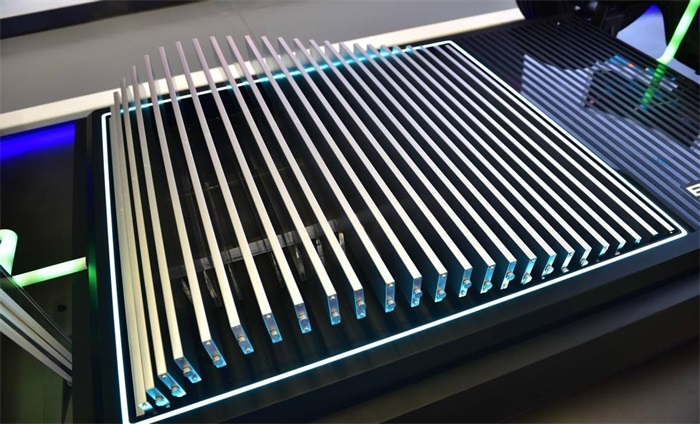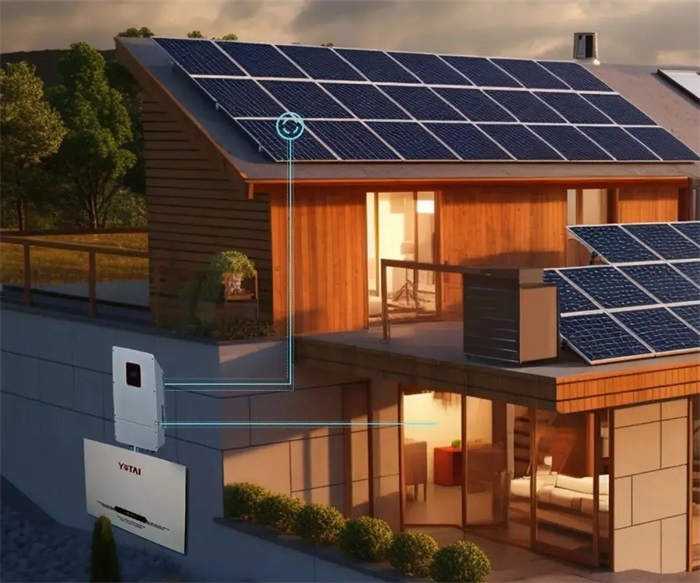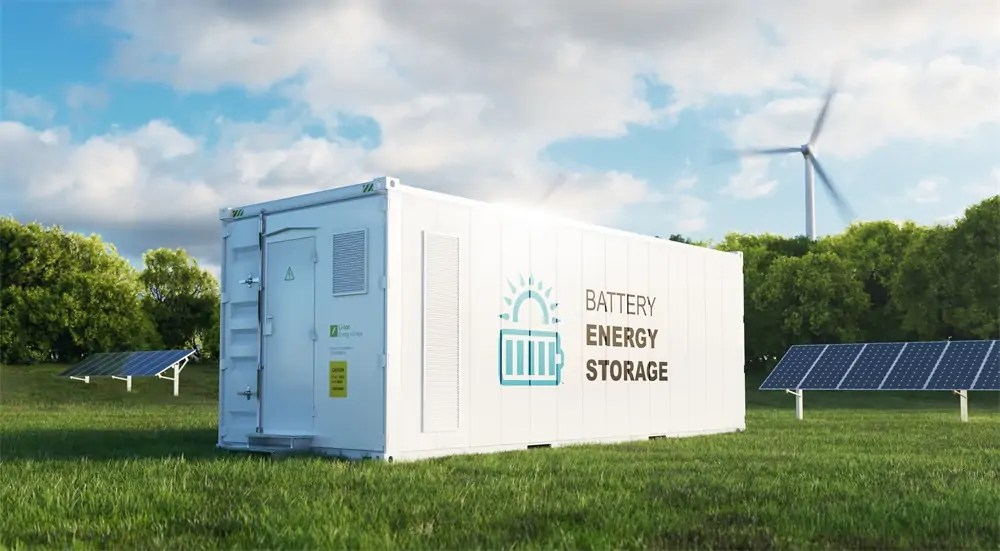BYD Blade Battery vs Ternary Battery: How Technological Innovation Drives Cost-Effective and Long-Range EV Batteries
At present, there are two main directions for power batteries, one is a lithium iron phosphate battery, and the other is a ternary battery. Due to its low specific energy and limited vehicle volume, lithium iron phosphate batteries have always had a short cruising range. Compared with the former, the ternary battery has the advantage of higher specific energy, but its cost is higher. Based on the current situation where battery material prices remain high, the goal of ternary batteries to gain market advantage by reducing costs is not easy to achieve. Still, lithium iron phosphate batteries can increase specific energy through technological innovation while maintaining a lower cost. , To obtain a specific comparative advantage. It is this concept that made the BYD blade battery turn out.
The thin and long design of the "blade battery" reduces many accessories and structural parts. The previous battery pack has only about 40% of the space for the battery itself, while the "blade battery" can increase the space utilization rate by 50%-60%. High space utilization can increase the cruising range to 600 kilometers, which is entirely comparable to a ternary battery.

In this regard, some people questioned that the "blade battery" improved by structural changes is only the volume energy density, which is not the same as the weight energy density, and pointed out that the weight density of the current "blade battery" system is only 140Wh/kg, which is behind the Ningde era. 811 battery" 180Wh/kg weight density is a big section. This comparison is not fair. First of all, the ternary battery has been marketed for many years and is a very mature product, while the "blade battery" still has a lot of room for improvement and improvement.
In fact, through technological improvements, the mature "blade battery" can also reach a weight density of 180Wh/kg (BYD will launch a "blade battery" with this energy density in 2022). Secondly, in terms of the chemical system, lithium iron phosphate batteries and ternary batteries are not the same categories, and it is not advisable to compare a specific performance.
As mentioned above, the current battery raw material prices have been on an upward trend. In this case, whoever can bring down the battery cost will have the market initiative. According to data from the China Chemical and Physical Power Industry Association, the current market price of lithium iron phosphate battery cells is about 0.7 yuan/Wh. The quotation for ternary battery cells is about 0.9 yuan/Wh. Suppose BYD's "blade battery" is further reduced by 30% based on the average market price, about 0.49 yuan/Wh. In that case, the "blade battery" cost using a 60KWh battery pack will be on average 18600 yuan lower than the market's ternary battery.

